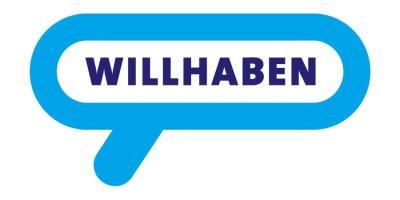If you offer goods you no longer need on a Internet platform, you need to be careful!
Goods of well-known companies are protected by law. The protection applies to brand names or graphics on the product as well as the design or name of a product (like "iPhone").
Plagiarism, product piracy
Who offers counterfeit branded goods for sale is acting unlawful. The rights holder can claim for omission (of this offer), disposal (destruction of piracy products, removal of counterfeit emblems...) but also for payment of a suitable licence fee. The amount of this fee varies according to the authenticity and prominence of an abused brand and can be very high. This also applies to the common cases when private persons sell used goods they no longer need for a cheap price.
"I didn't know that this was counterfeit"
This argument doesn't help. The rights holder can still claim omission, disposal and a suitable licence fee. In the absence of fault (the counterfeiting was not easy to recognize), the seller is not liable to damages. The personal situation can only be an argument in trying to get the rights holder's sympathy and hence reduce the demanded fee.
Creating the offer for sale
Who sells or auctions his goods online, usually references it with a significant description and product photos. To take such texts and pictures from the Internet (without charges or a registration) is tempting.
Those "works" are also protected by copyrights. Without the permission of the photographer or the author of the product description (if it exceeds a list of technical product features), you are not allowed to use the photos and texts! If you can't find terms of use on the website, directly contact the rights holder (contact details can be found in the imprint).
Note: Indicating the source is not sufficient! You don't gain the right to use foreign content just by referencing to the source.
03.04.2011








